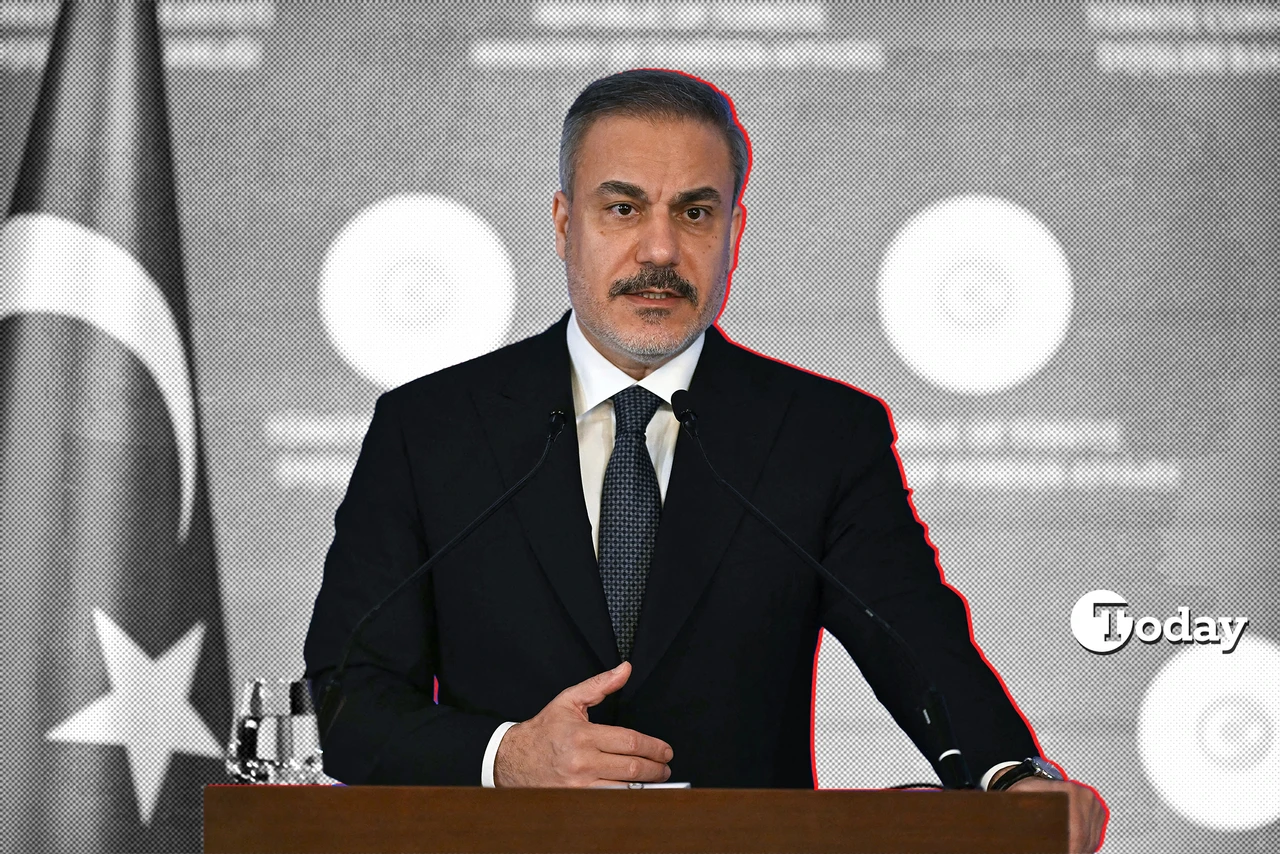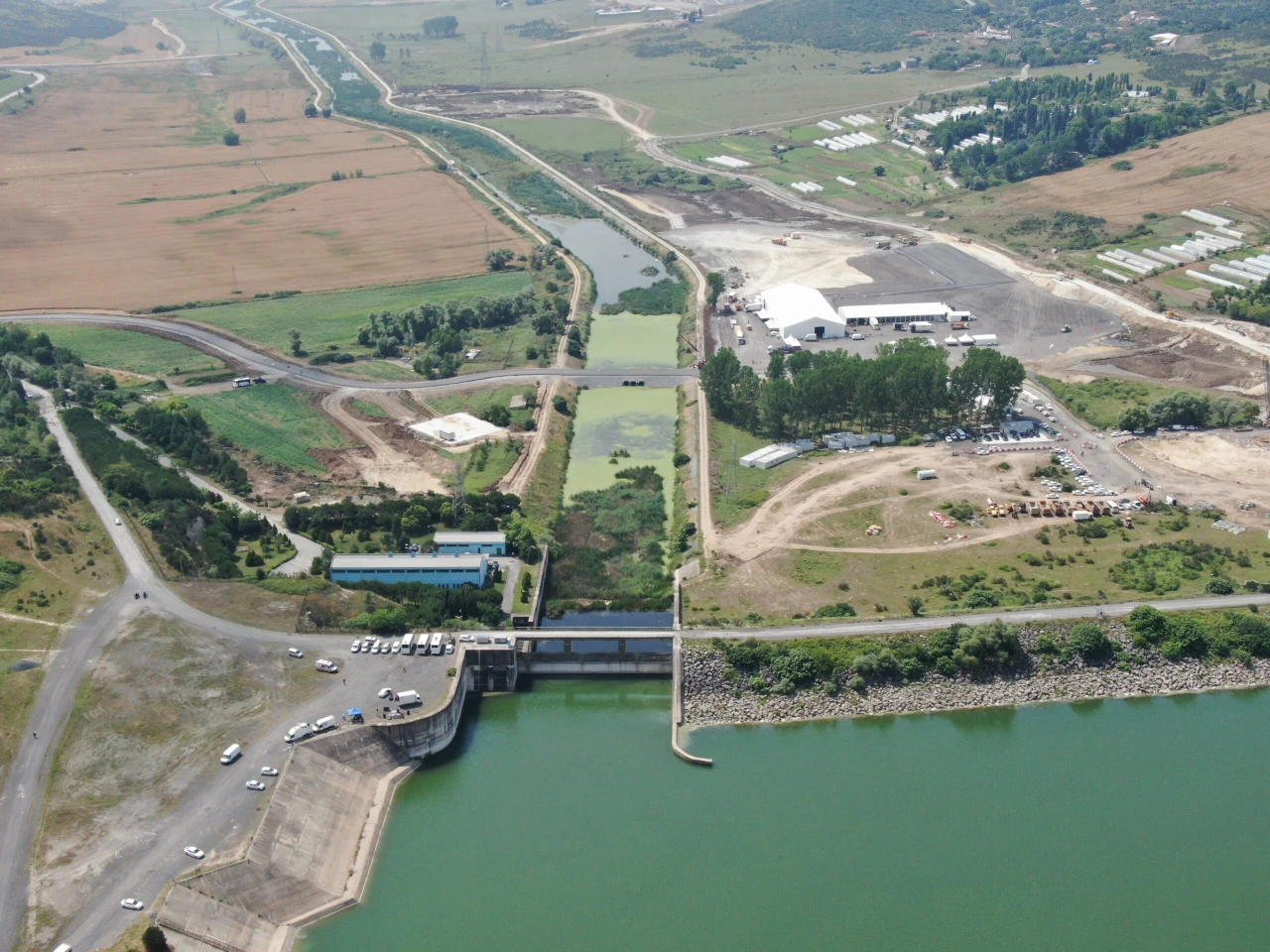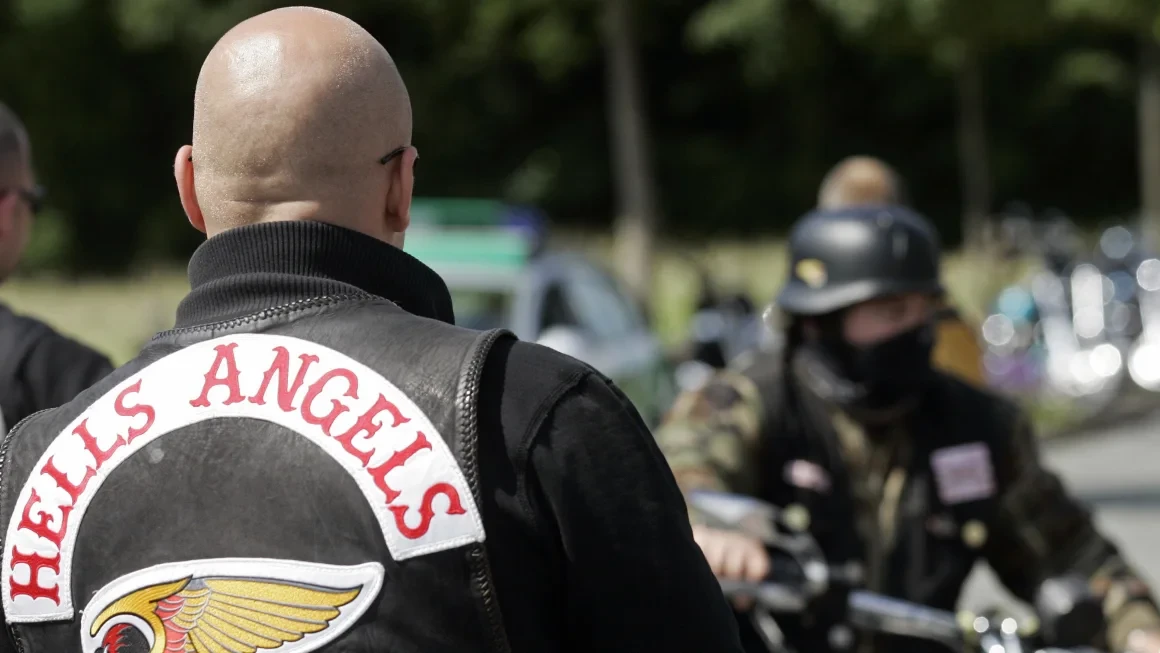Instagram blocked: Why the app became controversial in Türkiye
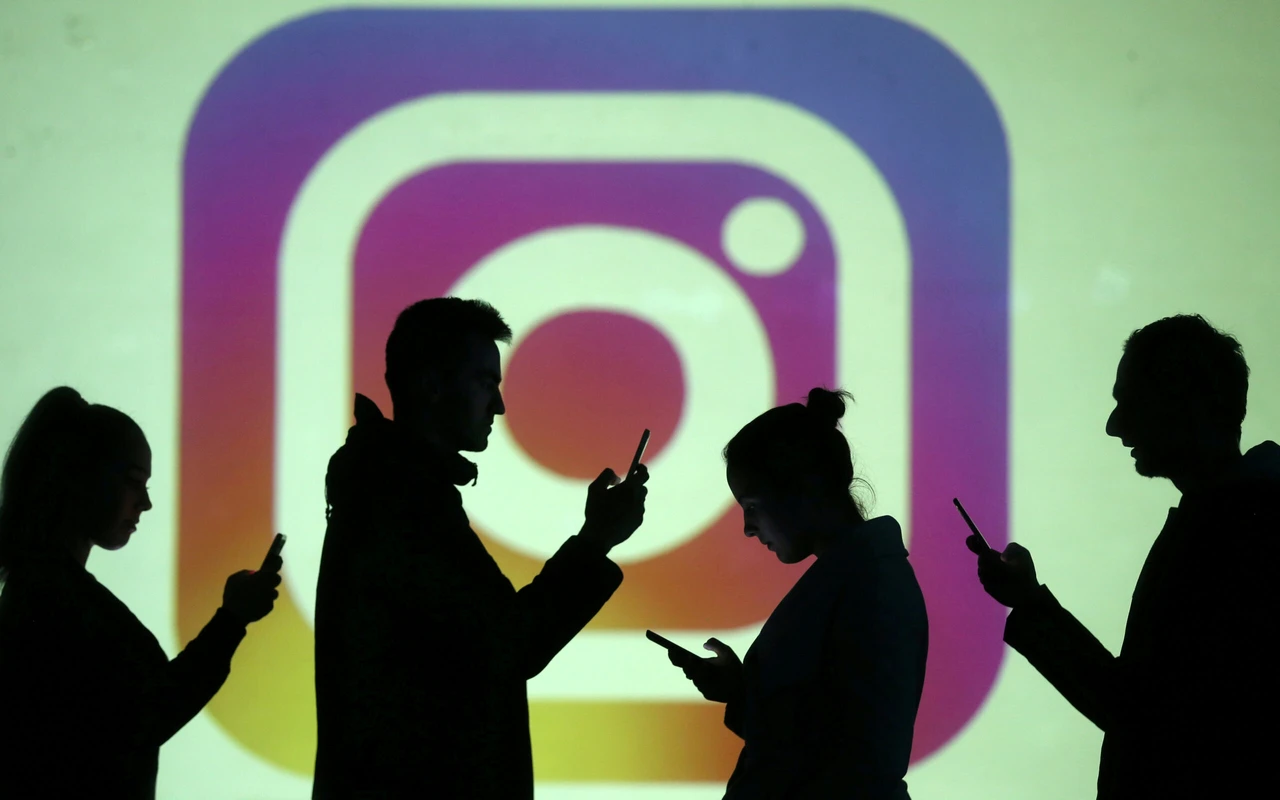 Silhouettes of mobile users are seen next to a screen projection of Instagram logo in this picture illustration taken March 28, 2018. (Reuters Photo)
Silhouettes of mobile users are seen next to a screen projection of Instagram logo in this picture illustration taken March 28, 2018. (Reuters Photo)
Türkiye has blocked Instagram access nationwide, stirring debate over freedom of expression and Meta’s content moderation policies amid accusations of bias against pro-Palestinian content.
Ban details
- On August 2, 2024, Türkiye’s Information and Communication Technologies Authority (BTK) announced a nationwide block on Instagram, leaving 57.1 million users in the country unable to access the platform.
- Sources revealed the ban was enforced under BTK’s discretionary power and is anticipated to be formalized by court order within 24 to 48 hours.
- The decision was enacted under ruling number 490.05.01.2024-608903, but no official explanation or timeline for the ban was provided.
- Access to other Meta-owned platforms like Facebook and WhatsApp remains unaffected.
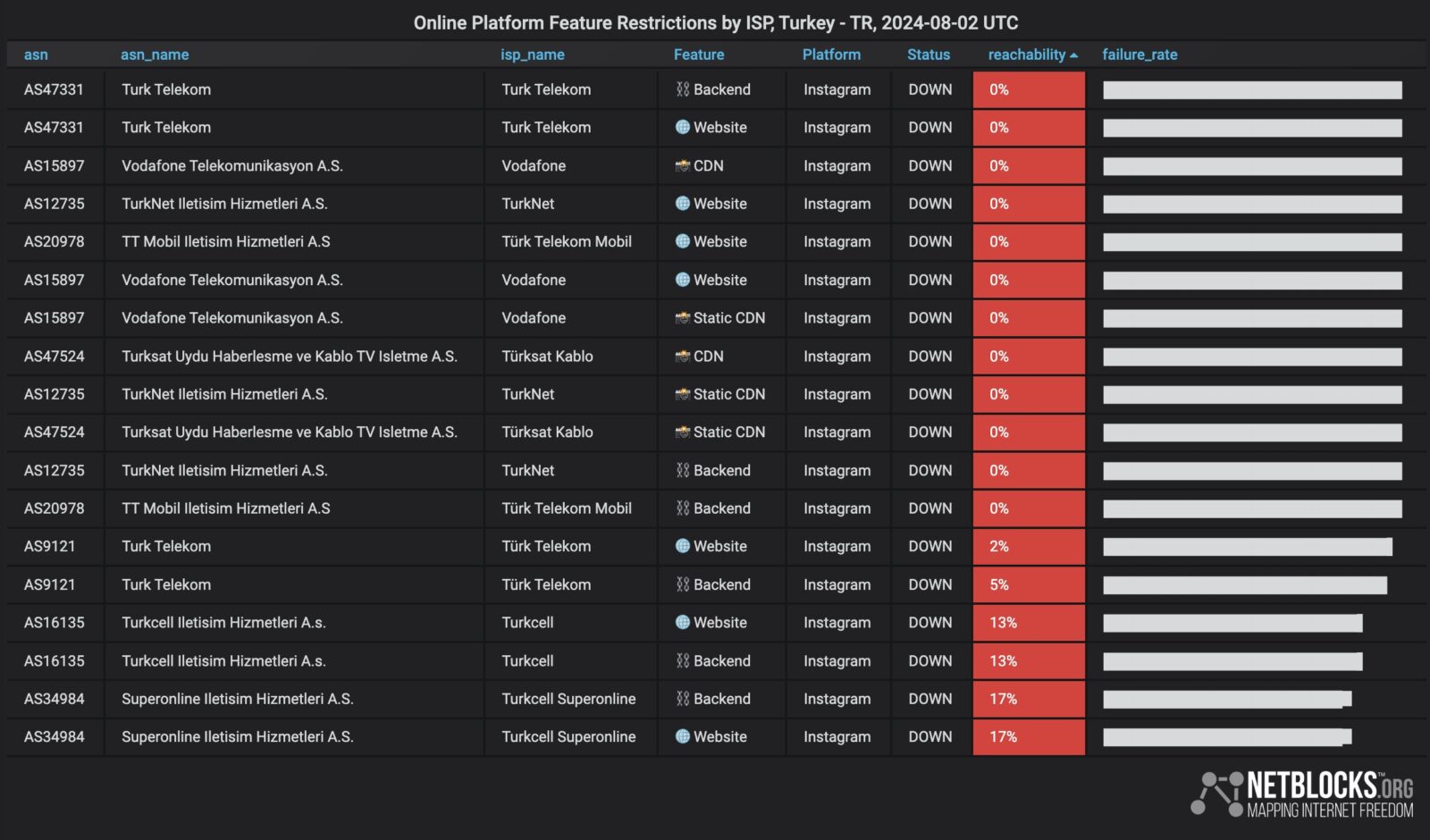
Why did Türkiye ban Instagram?
The ban was reportedly triggered by Instagram’s restriction of posts concerning Ismail Haniyeh, the leader of Hamas, after his reported assassination. This move came in response to increasing dissatisfaction in Türkiye over perceived censorship.
- Government reaction: Fahrettin Altun, head of the Presidency’s Directorate of Communications, criticized Instagram’s censorship of posts relating to Ismail Haniyeh. He condemned the platform’s actions, framing them as an attack on freedom of expression and global justice.
We will continue to defend freedom of expression against platforms that serve global exploitation and injustice
Fahrettin Altun
- Meta: There was no immediate comment from Instagram parent Meta on either the ban or Altun’s comments.
- Prime Minister’s Post: Instagram removed a post from Malaysian Prime Minister Anwar Ibrahim meeting with Haniyeh. Malaysia criticized Meta for removing the post, and the post was later reinstated with an apology from Meta, yet ongoing censorship issues persist.
- Public outcry: Social media users express their discontent with Meta, Instagram’s parent company, using the hashtag #MetaCensorship. They accuse Meta of systematically censoring content related to Haniyeh and other Palestinian issues.
- UMED’s reaction: The International Media Information Association (UMED) has strongly condemned Meta’s censorship efforts. UMED argues that Meta’s actions are part of a broader pattern of suppressing discussion on Palestinian human rights abuses, and are seen as supporting Israel’s violent tactics rather than promoting free expression.
Human Rights Watch’s critique
Human Rights Watch has released a report accusing Meta of systemic censorship against pro-Palestinian content on Instagram and Facebook, adding to the controversy surrounding Türkiye’s Instagram ban.
- Content suppression: Over 1,050 instances of Meta censoring pro-Palestinian content across Instagram and Facebook during the intense conflict between Israeli forces and Palestinian groups in late 2023 despite not violating Meta’s rules.
- Types of content affected: Posts included images of injured civilians, calls for Palestinian rights, and phrases like “Free Palestine” that were removed or restricted.
- Global impact: The report highlights cases from over 60 countries, suggesting a widespread pattern of censorship impacting users worldwide.
- Policy issues: The report criticizes Meta’s Dangerous Organizations and Individuals policy for overbroad restrictions and inconsistent enforcement. Meta’s reliance on automated moderation tools is also noted as contributing to undue censorship.
Meta’s response
Meta denies accusations of systematic bias, asserting its commitment to balancing user expression and platform safety.
- Statement: “Our policies are designed to give everyone a voice while at the same time keeping our platforms safe,” a Meta spokesperson stated, emphasizing the complexities of moderating content in a polarized environment.
Big picture
The recent ban in Türkiye aligns with ongoing concerns about Meta’s content moderation practices. Human Rights Watch’s report and the situation in Malaysia illustrate a broader issue of censorship affecting content related to Palestine and political movements.

